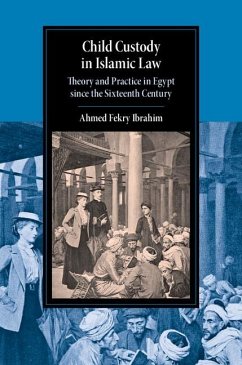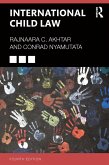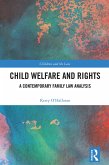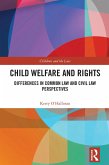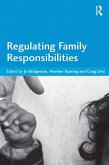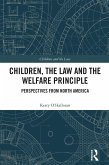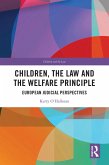Pre-modern Muslim jurists drew a clear distinction between the nurturing and upkeep of children, or 'custody', and caring for the child's education, discipline, and property, known as 'guardianship'. Here, Ahmed Fekry Ibrahim analyzes how these two concepts relate to the welfare of the child, and traces the development of an Islamic child welfare jurisprudence akin to the Euro-American concept of the best interests of the child, enshrined in the Convention on the Rights of the Child (CRC). Challenging Euro-American exceptionalism, he argues that child welfare played an essential role in agreements designed by early modern Egyptian judges and families, and that Egyptian child custody laws underwent radical transformations in the modern period. Focusing on a variety of themes, including matters of age and gender, the mother's marital status, and the custodian's lifestyle and religious affiliation, Ibrahim shows that there is an exaggerated gap between the modern concept of the best interests of the child and pre-modern Egyptian approaches to child welfare.
Dieser Download kann aus rechtlichen Gründen nur mit Rechnungsadresse in A, B, BG, CY, CZ, D, DK, EW, E, FIN, F, GR, HR, H, IRL, I, LT, L, LR, M, NL, PL, P, R, S, SLO, SK ausgeliefert werden.
Hinweis: Dieser Artikel kann nur an eine deutsche Lieferadresse ausgeliefert werden.

